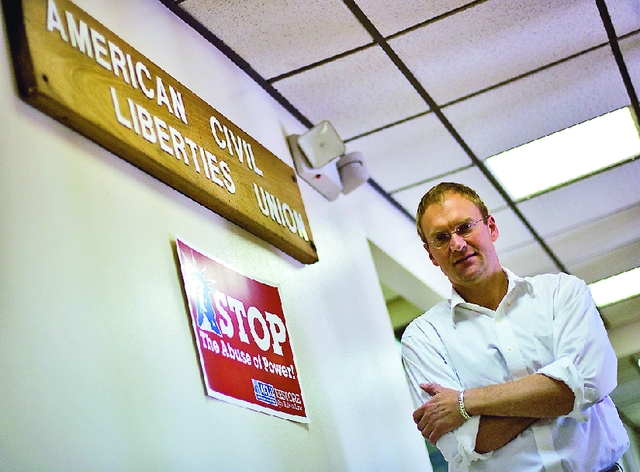The Big Three
Peter Simonson, Executive Director Of The State's American Civil Liberties Union (Aclu) Chapter, Sits Down With The Alibi For Our Yearly Check-Up On The Three Biggest Intrusions On New Mexicans' Freedoms

Latest Article|September 3, 2020|Free
::Making Grown Men Cry Since 1992


